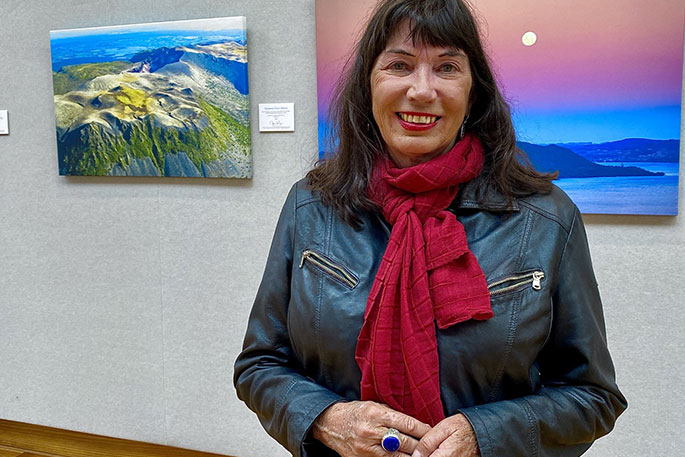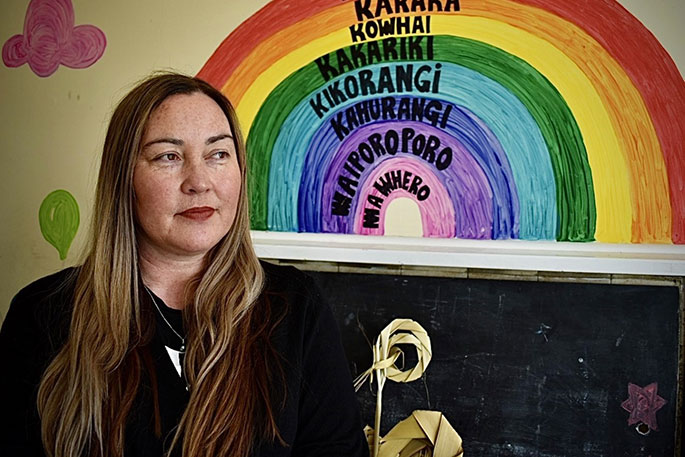The Rotorua community is divided over a local sex work bylaw, with some saying its existence is discriminatory, and others saying the council should 'prohibit prostitution everywhere" in the city.
It comes as the Rotorua Lakes Council Strategy, Policy and Finance Committee heard submissions on its Prostitution Bylaw review on Thursday.
The council's statement of proposal gave five options, including its recommended option to adopt an updated bylaw.
The updated bylaw would include, among other things, allowing "small owner-operated brothels" - "SOOBs" - to be located outside of the permitted area for brothels.
Under the current bylaw, brothels have not been permitted outside the CBD.
Consultation on the review closed on August 18 with 31 submitters, some of whom spoke to the committee on Thursday.
NZ Prostitutes' Collective national coordinator Dame Catherine Healy told the committee the collective's concern was that the bylaw was 'unduly restrictive”.
'The bylaw should be repealed completely.”
She says if there's to be a bylaw her organisation was pleased with the proposed allowance of small owner-operated brothels, calling it a 'reasonable compromise”.
Under the proposed updated bylaw, non-small owner-operated brothels would still be restricted to the CBD and all brothels - including small owner-operated brothels - would be prohibited from being within 100 metres of a "sensitive site" or another brothel.
Sensitive sites were defined as education facilities, marae, churches or other buildings "habitually used for religious purposes".
Healy says the 100 metre demarcation was 'very unfriendly”.
'It seems harsh to demarcation [sex workers] so vehemently”
 New Zealand Prostitutes Collective national coordinator Dame Catherine Healy at Rotorua Lakes Council on Thursday. Photo / Felix Desmarais / LDR
New Zealand Prostitutes Collective national coordinator Dame Catherine Healy at Rotorua Lakes Council on Thursday. Photo / Felix Desmarais / LDR
Ko te Tuara Totara o Fordlands Committee representatives Maraea Pomana and Janet Wepa also submitted on the review.
Co-chair of the committee Wepa says there are some 'big gaps” in the proposed changes to the bylaw.
'We really would like the [solicitation] and touting part of it put back. [It] doesn't really work particularly well with our community.”
Pomana says Fordlands is the most deprived and vulnerable area in New Zealand and sex work had an impact on a person's wairua (spiritual well-being), hinengaro (mental well-being) and whānau.
'It's not just a job.”
Pomana, a youth worker in Fordlands, says the majority of young people in that area had little or no qualifications.
'This would contribute to them considering prostitution as a means of making money. Prior to COVID, jobs were already difficult to find … post COVID it's even worse.”
Other oral submitters also presented a variety of views mostly in opposition to any loosening of the rules surrounding sex work.
Andrew Parrington, a pastor at Living Well Church, says he had lived next to a suburban brothel before the original bylaw was in place and says it had been 'disturbing”.
Submitter Jill Moore says solicitation had been a problem in Christchurch and she didn't want to see that happening in Rotorua, and Mahalia Steele, a former flight attendant, says she has travelled to cities around the world with relaxed sex work rules and been 'taken aback”.
Some submissions stated they supported the retention of the current bylaw but wanted to 'prohibit prostitution everywhere in Rotorua”.
However, fellow submitter Justin Adams said he believed the current bylaw and some of the proposals were 'restrictive, and ... discriminatory”.
'Human rights are potentially being violated.
'The council regularly uses the statement, ‘tatau tatau, we together' - except sex workers, ‘you over there only'.
'Perceived problems are not proven problems.”
Two other written submitters had also expressed concern that the existence of a sex work bylaw contributed to stigmatisation of the occupation and was discriminatory.
The Rotorua Association of Christian Churches submitted, stating it was 'deeply concerned about the harm that … prostitution [does] to vulnerable men and women”.
'A healthy community will take steps to mitigate that harm - not facilitate it.”
The New Zealand Aids Foundation also submitted, supporting the revocation of the bylaw.
'The current … bylaw works against the purpose of the Prostitution Reform Act … in effect, it recriminalises some types of sex work.”




0 comments
Leave a Comment
You must be logged in to make a comment.